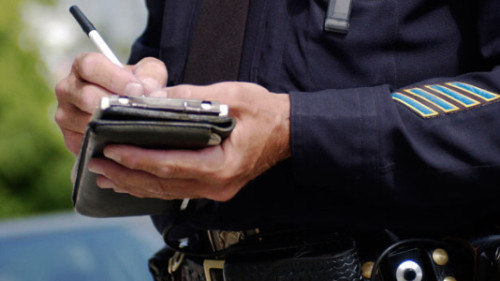
Hi all,
I’m launching my next project, which will be investigating parking fines in Chicago. Here’s a bit of background:
The impetus for this was when I came back from abroad to discover that during my two months gone, my car had racked no less than 9 tickets for exactly the same violation – a license plate sticker that expired immediately after I left Chicago. In one case, three tickets were issued within 72 hours of each other, and they just piled up on the windshield.
Fortunately, as a innocent-looking Asian college student (because let’s be honest, it most probably makes a difference), I was able to successfully contest some of those tickets, and I was able to pay the rest. But many people are not so lucky.
So, here’s the question: Why are parking fines being so rigorously enforced? And are there differences in their impact? Do they act effectively as a regressive tax on certain neighborhoods? Some prior reporting has discovered that speeding camera fines fall disproportionately on certain cameras, with the highest earning camera located in Washington Park, just adjacent to Englewood, one of the poorest neighborhoods in the city. On top of that, if fines are paid late, or if the fine-nee is unable to pay, extra court and late fees rack up quickly, burying people further into debt. The phenomenon of what are essentially modern-day debtors’ prisons is something that’s starting to get increasing press attention, and I think it’d be interesting to dig into the data a little.
So, I just sent two FOIA requests to the City of Chicago – one to the Finance Department, one to the Department of Sanitation. For those uninitiated, FOIA requests stand for Freedom Of Information Act requests, which basically allow pretty much anyone to ask any government institute to send them any government records on file. Let’s see what it reveals!
Image credit: Scott K. Dillin